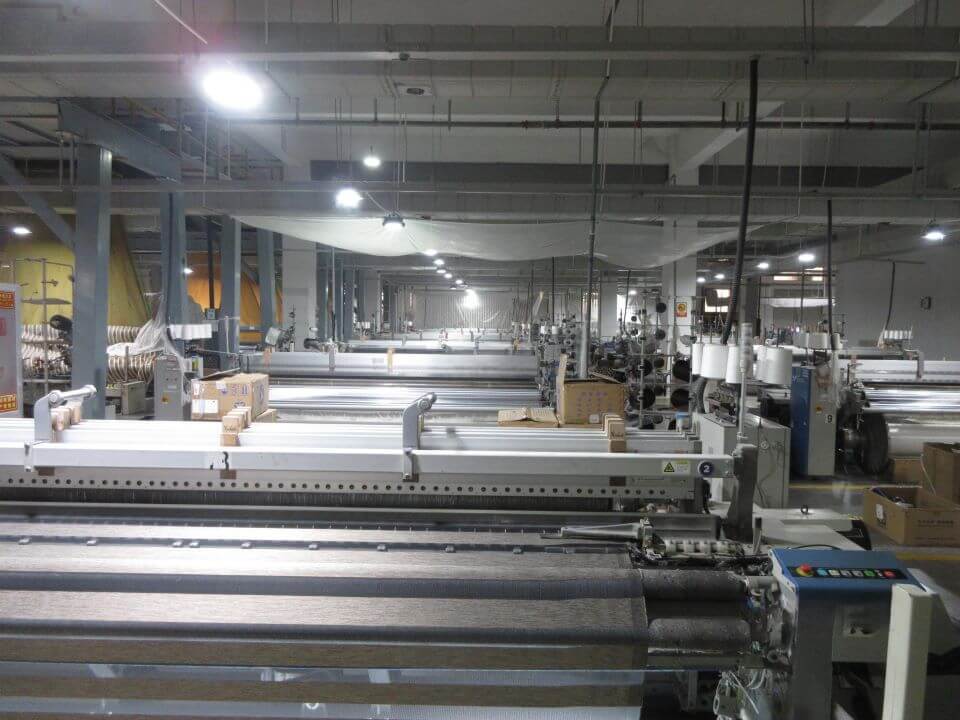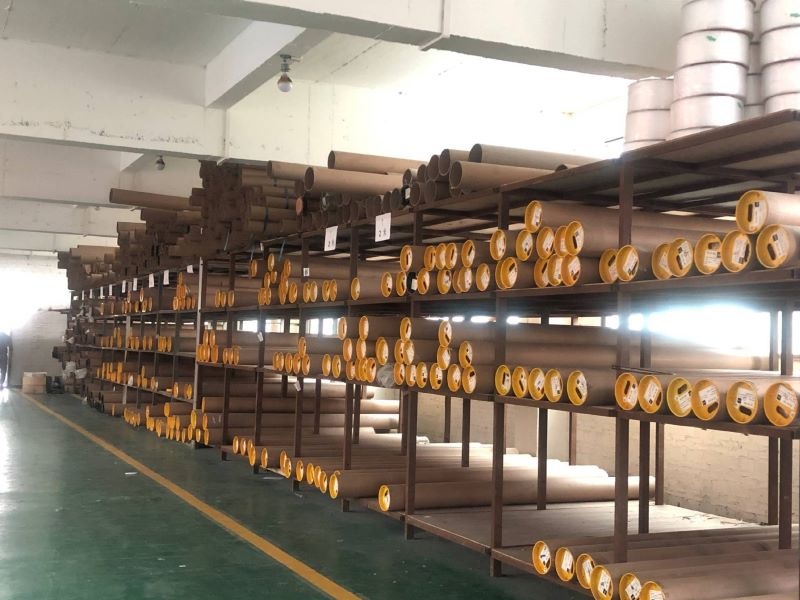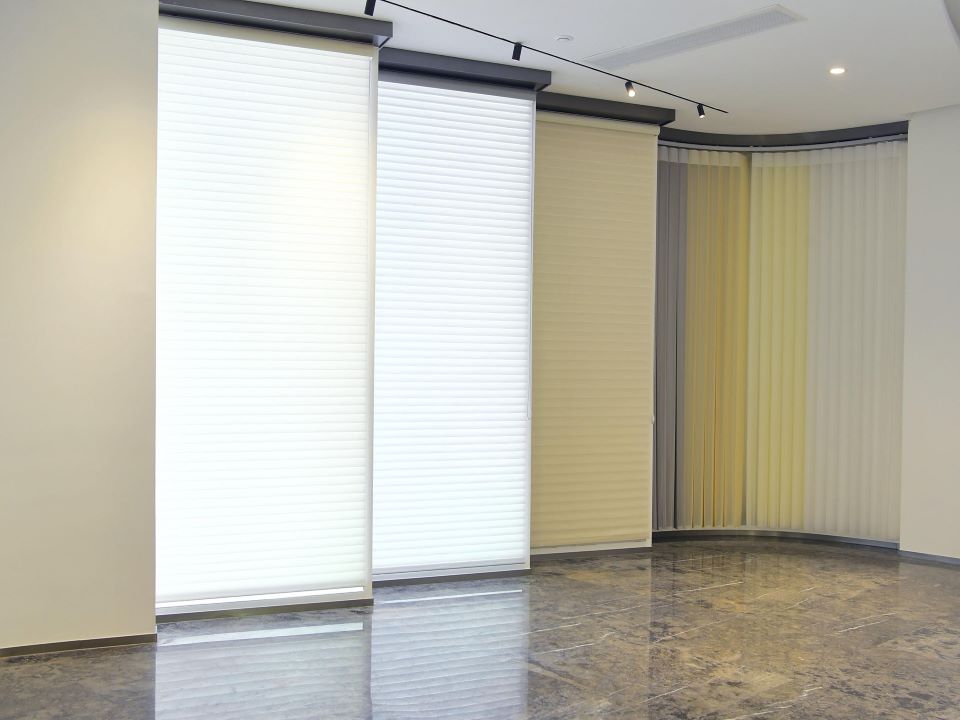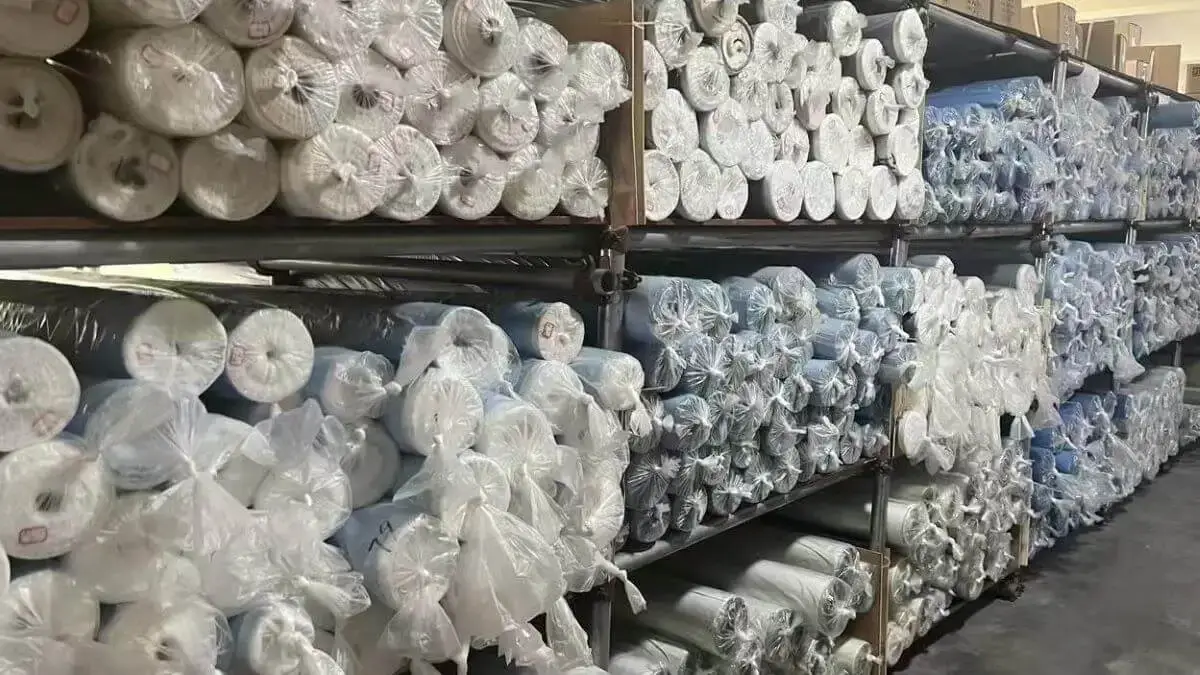When it comes to sourcing wholesale blinds for your business, one of the first decisions you’ll need to make is whether to buy directly from a factory or through a distributor. Each option comes with its own set of advantages and challenges that can impact your bottom line, lead times, and customer satisfaction.
In the world of wholesale blinds, buyers often face a dilemma: should they work directly with a factory for cost savings and customization, or should they go through a distributor for convenience and a wide range of products? The choice isn’t always straightforward, and understanding the nuances of both sourcing methods is crucial for making the best decision for your business.
This article will explore the pros and cons of purchasing wholesale blinds from factories versus distributors, covering key considerations like pricing, flexibility, reliability, and lead times. By the end of this post, you’ll have a clearer understanding of which option better aligns with your business needs, whether you’re looking to keep costs low, streamline your supply chain, or expand your product offerings.
Buying Wholesale Shades and Blinds from a Factory
Advantages of Buying Directly from a Factory:
- Cost Savings:
One of the biggest benefits of purchasing wholesale blinds directly from the factory is the potential for significant cost savings. By cutting out the middleman (distributors), you often pay lower prices for the same products, as factories typically offer more competitive wholesale rates. Factories have more control over the production process and are often able to offer better pricing based on volume purchases. - Customization and Flexibility:
Factories usually offer a wide range of customization options, whether it’s in terms of size, material, color, or motorization. If your customers demand tailored products or if you operate in a niche market, buying directly from the factory can give you greater flexibility to meet those needs. Custom orders can be placed with minimal lead times, and factories are often willing to accommodate unique requests that distributors may not be able to fulfill. - Higher Margins:
When you buy directly from the factory, you remove the middleman’s markup, which means higher profit margins for your business. If your target market allows for bulk buying, you could further maximize your profits through larger orders and volume discounts. - Direct Communication:
Working directly with the factory enables you to communicate clearly with the manufacturer. This can be a significant advantage when it comes to resolving issues, tracking orders, or adjusting product specifications. You’ll also have greater transparency regarding the manufacturing process, which can be critical when managing expectations with your customers.

Challenges of Buying from a Factory:
- Higher Minimum Order Quantities (MOQ):
Factories typically require higher minimum order quantities, which can pose a challenge for smaller businesses or those that don’t want to invest in large stock quantities. The more you order, the better the pricing, but this can be a significant barrier for some buyers. - Longer Lead Times:
While some factories are incredibly efficient, lead times for direct factory orders can be longer than those from distributors who stock ready-to-ship products. This is particularly true if the factory is located overseas, which can add shipping time to your delivery schedule. Delays in production can also be an issue if the factory has a backlog of orders. - Import/Shipping Logistics:
When sourcing from a factory, particularly overseas, you’ll need to handle or coordinate international shipping, customs, and taxes. While some factories offer freight forwarding services, this requires more coordination and effort than purchasing from a local distributor.
Buying Wholesale Shades and Blinds from a Distributor
Advantages of Buying from a Distributor:
- Convenience and Quick Access:
One of the most appealing aspects of working with a distributor is the convenience it provides. Distributors typically stock a wide variety of blinds and shades in different sizes, colors, and materials, allowing you to quickly access products without waiting for production times. This is especially beneficial if you’re looking to stock a variety of options or need fast replenishment. - Lower Minimum Order Quantities (MOQ):
Distributors often have lower MOQs, which makes it easier for small businesses or new entrants to the wholesale market to place orders. Unlike factories, which may require large order quantities to access the best pricing, distributors usually offer flexibility in order volume, which can be ideal for businesses that are still testing product demand or have limited storage space. - Variety and Choice:
Distributors typically offer a wider range of products from multiple manufacturers. This can be beneficial if you’re looking to provide your customers with a broad selection of blinds and shades. With a distributor, you don’t have to rely on one manufacturer for your entire inventory, allowing you to carry different brands and styles to appeal to a wider customer base. - Established Relationships and Support:
Distributors often have established relationships with manufacturers, which can help ensure product quality and consistent supply. They may also offer support services, such as product training, marketing materials, and after-sales services. This can save you time and effort in managing relationships with multiple factories and ensure your orders are handled efficiently.

Challenges of Buying from a Distributor:
- Higher Prices:
Distributors generally mark up the price of products to cover their operational costs and profit margins. While they offer convenience and a wide selection, you may end up paying more for the same products than if you sourced directly from the factory. This is something to consider if you’re operating on tight margins. - Limited Customization:
Unlike factories, which often offer extensive customization options, distributors tend to carry ready-made products in standard sizes and styles. If your customers are looking for tailored solutions (e.g., custom sizes, special materials), a distributor may not be able to fulfill these requests as easily. - Less Control Over the Supply Chain:
Working with a distributor can mean less control over your supply chain. Distributors may face stock shortages, supply chain issues, or delays from manufacturers that can affect your ability to meet customer demand on time. If you have specific needs or a large-scale project, relying on a distributor might not always guarantee the timely delivery you need.
Key Factors to Consider When Choosing Between a Factory and a Distributor
Business Size and Order Volume:
Consider the size of your business and your average order volume. If you’re a small business with limited space or just starting out, buying from a distributor with lower MOQs may make more sense. Larger businesses with high-volume orders may benefit more from purchasing directly from a factory for better pricing and customization.
Lead Times and Delivery Schedules:
Consider how important lead times and delivery schedules are to your business. If you’re dealing with time-sensitive orders, distributors with stocked inventory may be the better option. On the other hand, if you’re willing to wait for custom products, working with a factory may be more advantageous.
Customization Needs:
Think about whether your customers demand customized products. Factories generally provide more flexibility in terms of size, color, and material options. Distributors usually carry standard products, which may not meet the needs of customers who want unique, tailored solutions.
Product Variety:
If offering a wide variety of blinds and shades is essential for your business, working with a distributor may be the best option. They can offer a range of products from multiple manufacturers, allowing you to cater to a broader customer base.

Conclusion
Deciding whether to buy wholesale blinds from a factory or a distributor depends largely on your business model, needs, and priorities. If you’re looking to save costs, access customized products, and work directly with manufacturers, sourcing from a factory may be the best option. On the other hand, if you value convenience, speed, and variety with lower order quantities, a distributor could be the right fit for your business.
Understanding the advantages and challenges of both options is key to making an informed decision. By weighing factors like pricing, flexibility, lead times, and your specific product needs, you can find the sourcing strategy that best supports your business goals and keeps you competitive in the wholesale blinds market.

